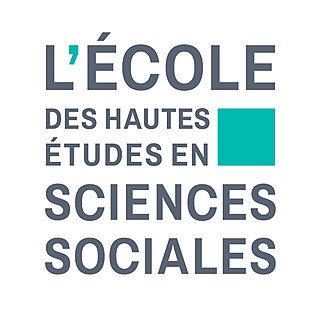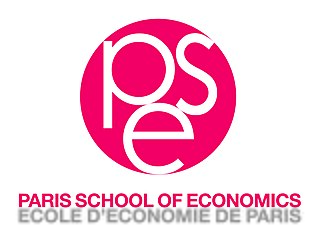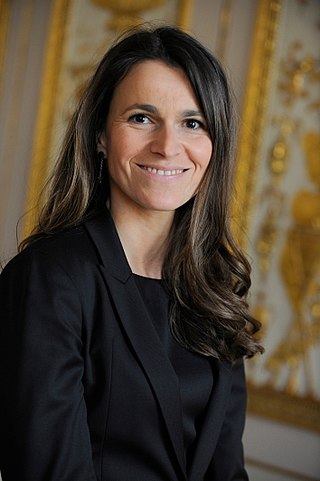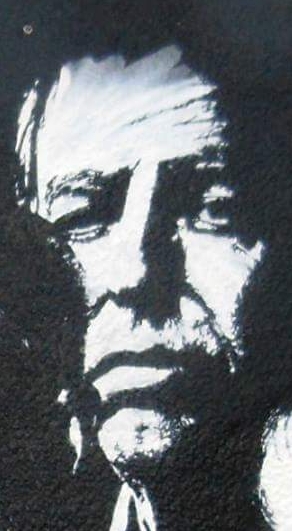In February 2015, Julia Cagé published Saving the media: Capitalism, crowdfunding and democracy in French. By the end of 2016, it had been published in 10 other languages. [8]
This book reviews existing models for funding the media, evaluates the strengths and weaknesses of each, and proposes a new structure for "saving the media", which she calls a "Nonprofit Media Organization (NMO)". She argues that, the fundamental problem with existing media organizations is that they either (1) have not been self-sustaining or (2) have such inherent conflicts of interest that their coverage becomes a threat to democracy.
Her NMO is a charitable foundation but with democratic governance, limiting the power of the major donors while encouraging crowdfunding.
This book was widely reviewed in the mainstream French media: Les Échos, [9] Libération, [10] Télérama, [11] Les Inrocks, [12] La Croix, [6] Mediapart, [13] Alternatives économiques, [14] France Culture, [15] Europe 1, [16] France 24 [17] and France inter. [18]
By 5 November 2016 it was available in translation into 10 other languages: English, Chinese, German, Italian, Japanese, Korean, Portuguese, Serbian, Spanish, and Turkish; it's now also available in Romanian. [19]
In this book, she proposes a new model for organizing media: a nonprofit media organization (NMO), which combines aspects of both a joint-stock company and a foundation. The goal is to allow sharing and democratic renewal of power and funding. Readers, journalists and other, "crowdfunders", would see their contributions in capital recognized by an increase in voting rights at the expense of the power of the largest shareholders. Media would thus benefit from open donations and reductions in taxes. Cagé claims these will replace the current media subsidies, which are often opaque and ineffective, with a "neutral, transparent and citizen" support system. [10] Éric Fottorino claimed that this model will not likely work well for large media, which he believes will not function well without shareholders, who will demand influence in proportion to their investment. [15]
This book is based on Cagé's analysis of the historical evolution of the media and their modes of governance and financing in Europe and the United States since the beginning of the twentieth century. This includes previous work on the impact of sometimes excessive competition between media organization, focusing especially on the experience of the regional daily press in France since 1945. [20]
This book received the 2016 prize for a book discussing research in the media by the Assises du journalisme (French journalism foundation). [21] [22]
Cagé and Huet (2021) provide a detailed analysis of changes in law, especially in France, that might improve independence of the media, as recommended by Cagé's earlier work.











